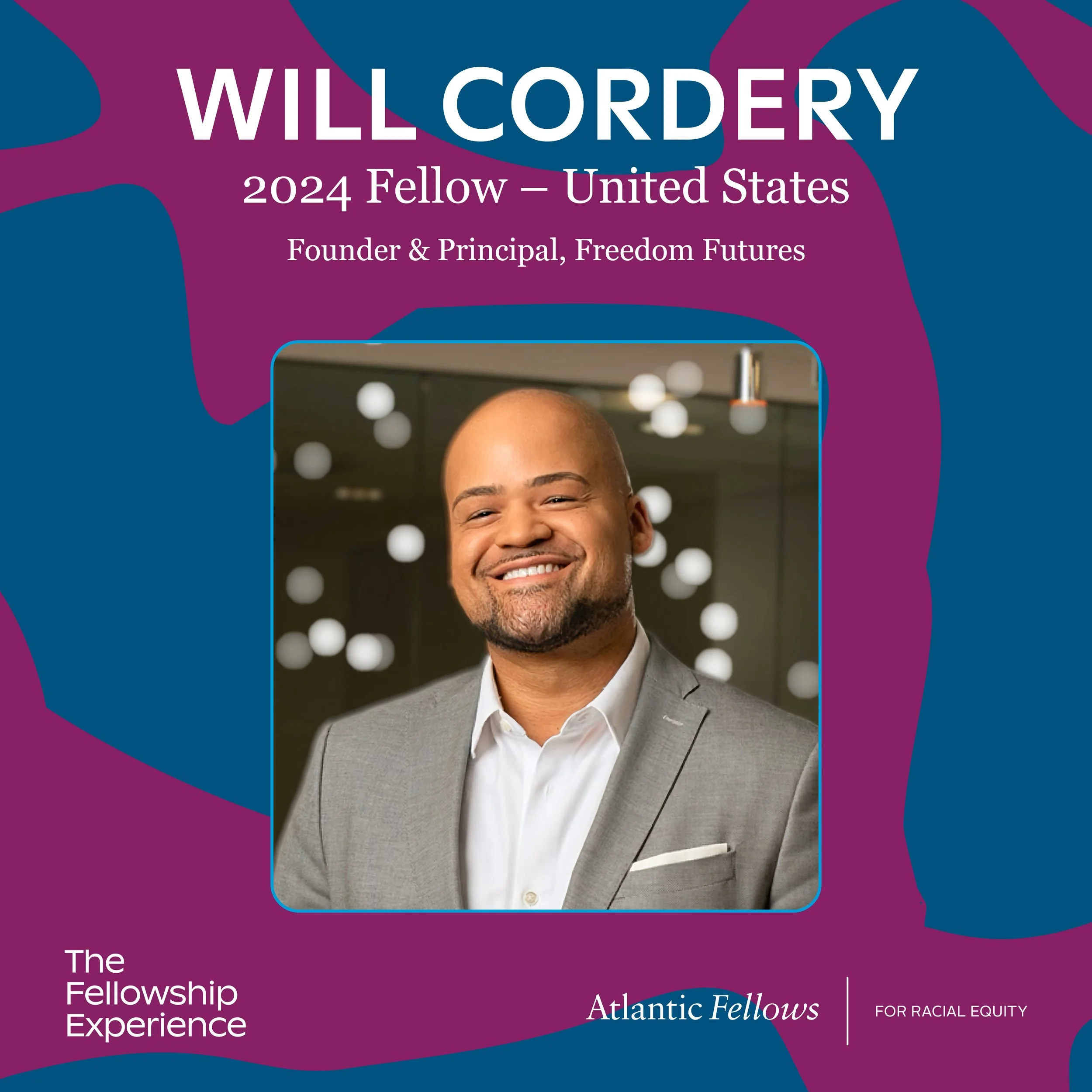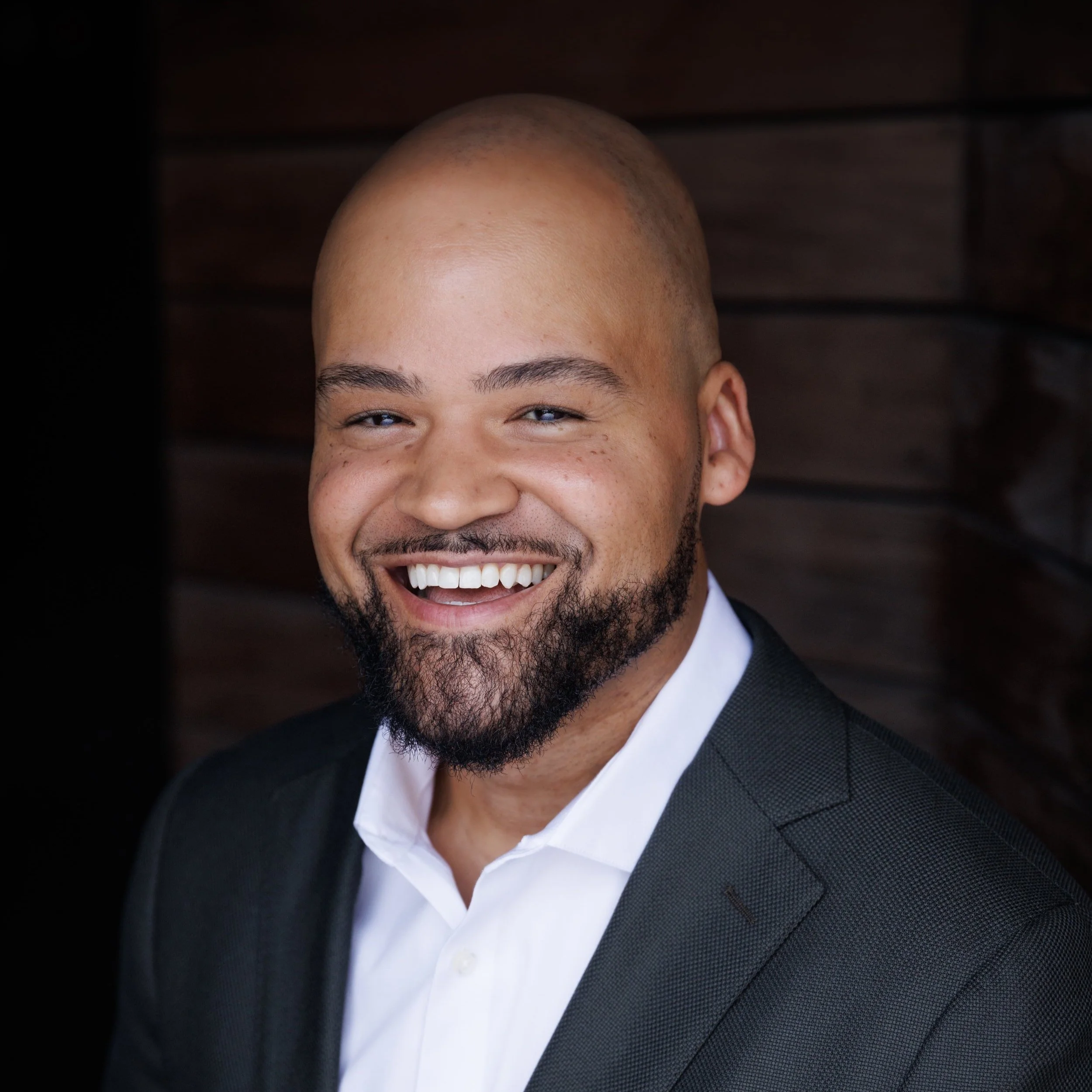I am the Founder and Principal at Freedom Futures, a philanthropic advisory firm moving money to the frontlines of social transformation for Black, Indigenous, and people of color communities. In partnership with Freedom Futures, I am Senior Advisor to Liberated Capital – a national funding vehicle founded by the Decolonizing Wealth Project. I have also served as the Director of the Reparative Action Fund at Satterberg Foundation—a national fund committed to returning $50 million back to Black and Indigenous communities. I currently serve on the board of the Hill-Snowdon Foundation as one of its first non-family trustees; and I am on the board of Tides Advocacy, a c4 funding mechanism for social movement infrastructure while building a Pro-Black Agenda.
I have 20 years of leadership experience in social movements, institutional philanthropy, nonprofit fundraising, and community organizing for advancing racial justice, economic justice, LGBTQI freedom, global human rights and progressive public policy. I’m Black, Southern and queer. I grew up in a Black working class neighborhood that succumbed to economic disinvestment, over-policing and criminalization, and the injection of drugs - from which it has never been able to recover. My social justice values and politics are rooted in a Black Southern freedom tradition. This tradition is one that supports the political education and leadership development of those most impacted by oppression, centers directly-impacted in community organizing and bottom-up movement building.
As part of this progressive work, I have successfully designed and implemented multi-million-dollar grantmaking and fundraising strategies to resource social movements. I have approached this with intentional focus on people and place. I am committed to moving resources for liberation work.

More About Me
I am a child of the South. I grew up an only child to a single mom in Louisville, Kentucky. We lived in the West End, which is a historically Black working class neighborhood, one of the only communities in the city where Black families could own a home. That all changed however, in the 1980s after the onset of Reaganomics on the War on Drugs. Suddenly, I saw my neighborhood decimated by disinvestment, economic blight, and over-criminalization. It is a neighborhood that my family still calls home today, but it has since not been the same. I have spent the last past 20 years organizing in grassroots movements and organizing money in support of Black freedom. First as an organizer and fundraiser at Project South, where we headed a call to anchor mass coordinated response across Louisiana and the Gulf South during Hurricanes Katrina and Rita in 2005; when federal, state and local governments failed Black communities. I was at Project South during the first US Social Forum in 2007, when institutional philanthropy did not believe nor initially support what we were building. It was during this time of grassroots fundraising that I learned the value and importance of Black and Brown peoples resourcing our own fight for freedom. It was also during this time that I co-authored an essay in The Revolution Will Not Be Funded; inviting us as grassroots organizations to re-imagine how we resource our work.Since then, I’ve devoted my work to moving money back to Black communities from which it was extracted. Since launching my philanthropic advising firm, Freedom Futures in 2020, I have partnered with many individuals, families, and funding initiatives to move money back to historically under-resourced and oppressed communities. I feel more confident and focused in what I am doing and am working scale my commitment to meet this moment globally. While we’re pushing back against a rise in white nationalism not just in the US, but around the world, I want to meet the new challenges ahead in the fight for freedom and justice for all. My feet only walk forward. Follow William on Socials

Your legacy is not how you began, but how you end. It is not what you believe you did well; rather it is what the community believes you did well.
Let that legacy be that you both supported and embodied liberation.
— William Cordery














